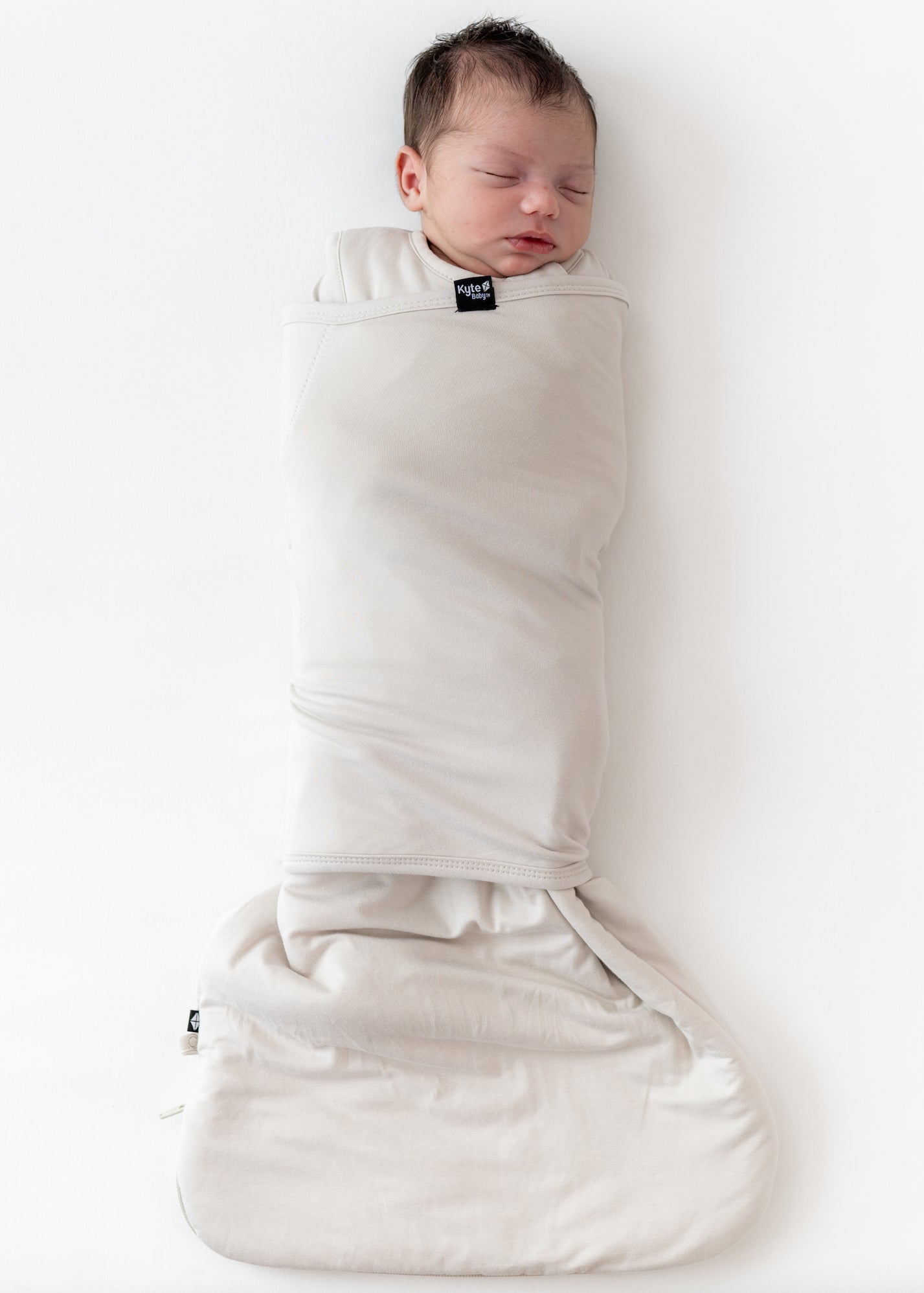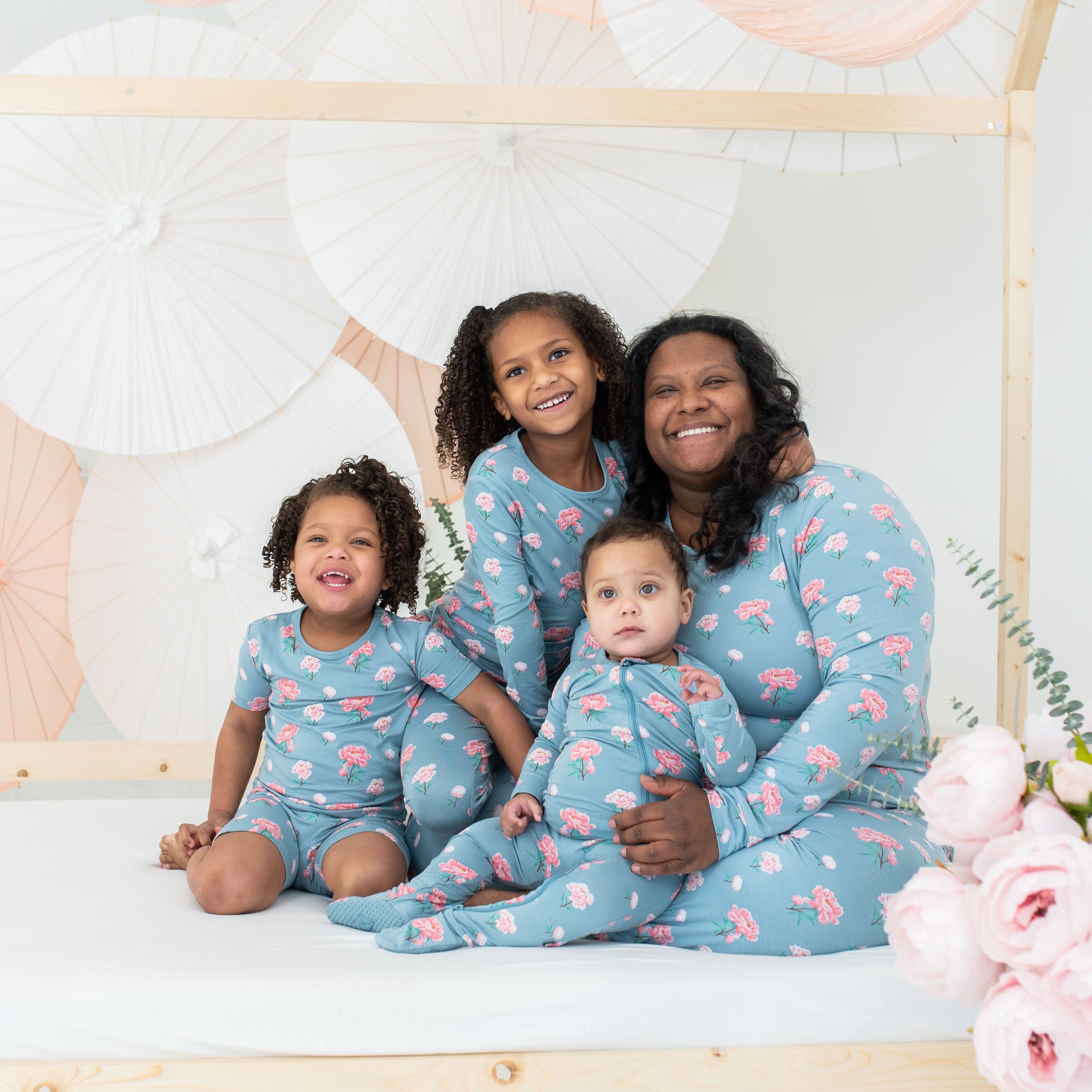Every February is Black History Month, a time of both celebration and remembrance dedicated to the many accomplishments of Black Americans, as well as the rewriting of this country’s history that is fraught with Black erasure. Although this month typically, and rightfully, brings forth discussion about the civil rights movement and the prominent figures who led the fight for justice and equality for African Americans, the main criticism voiced by those who wish to see true progress is that many companies use the month of February to do little more than performative gestures. While Black History Month is a great time to center Black history, culture, and people, we must all recognize that a once-a-year nod to Martin Luther King, Jr. and virtue signaling isn’t enough to take real steps toward an equitable world.
In honor of Black History Month, we chose the Loveland Foundation as our February charity and the recipient of our $5,000 donation. Established in 2018 by Rachel Cargle, the Loveland Foundation works to create generational healing and bring opportunity to communities of color, especially among Black women and girls, through fellowships, residency programs, listening tours, and more. The foundation’s Therapy Fund grants access to mental health professionals providing high quality, culturally competent services to Black women and girls seeking therapy nationally.

It’s no secret that Black women face significant disparities in health care, experiencing disproportionately high rates of maternal mortality due to racism, discrimination, and unconscious bias within the health care system. Research supports this, showing that Black patients are more likely to have their pain undertreated and dismissed. Unsurprisingly, mental health care is no different. Due to racism, sexism, and other systemic barriers that contribute to economic inequality, Black women have long been forced to live in high-stress situations that make access to proper mental health care unattainable due to financial burden or stigma.
The Loveland Foundation is working to improve mental health care for Black girls and women who have been deprived of the healing and empowerment that therapy can provide. The foundation partners with Therapy for Black Girls, National Queer & Therapists of Color Network, Talkspace, and Open Path Collective to give its recipients access to a large pool of mental health professionals who are qualified to serve communities of color. Although Black women and girls have historically been deprived of the support they need because of systemic racism, the Loveland Foundation is working to bridge that gap and bring generational healing where it’s needed most.
Why specifically Black women? Black women have the unique position of being caught at the intersection between racism and sexism, facing extra challenges and barriers simply for being Black and for being women. They are ignored, silenced, and, quite frankly, erased from history. Even today, while still making strides in leadership positions, Black women and their great contributions are conveniently written out of the narrative. Historically, they have played a pivotal role in every large social justice movement from the women’s suffrage movement to the civil rights movement, and more recently, Black Lives Matter and Me Too. Despite this fact, their contributions are not taught in history classes, and often excluded entirely or passed off as someone else’s work. The reality is that Black women have always shaped America’s history and continue to do so today, paving the way for a better and more inclusive future. In celebration of Black History Month and specifically Black women, we’re turning the spotlight on 8 inspiring Black women who are making groundbreaking contributions through their passions and talents.
1. Tarana Burke
Founder of the ‘me too.’ movement

In 2017, #MeToo became a viral hashtag on social media as a way to share stories of sexual harassment and assault from victims. Although the movement gained widespread attention this way, it was actually founded by activist Tarana Burke, who coined the phrase back in 2006. She has dedicated her life to ending sexual violence and empowering survivors of sexual abuse, and is the recipient of numerous accolades, including TIME Person of the Year, TIME 100 Most Influential People, the Sydney Peace Prize, the Harvard Gleitsman Citizen Activist Award, and USA Today’s Women of the Decade.
2. Serena Williams
Professional tennis player

Considered by many to be the greatest tennis player of all time, Serena Williams has won 23 Grand Slam singles titles and is the only player to ever accomplish a Career Golden Slam in both singles and doubles. She won the 2017 Australian Open while pregnant with her daughter, and went on to contest four grand slam finals after giving birth, shattering the notion that professional female tennis players have to choose between their career and motherhood.
3. Shonda Rhimes
Television showrunner

For fans of television, Shonda Rhimes is a household name. She’s the creative genius behind some of the most popular dramas on TV, such as Grey’s Anatomy, Scandal, How to Get Away With Murder, and Bridgerton. As the founder of her own production called Shondaland, Rhimes is the highest-paid showrunner in Hollywood and considered a pioneer in the TV industry for casting people of color in lead roles.
4. Jessica Watkins
Astronaut

In April 2022, Jessica Watkins made history by becoming the first Black woman launched into space for a long-duration mission to the International Space Station. She is also only the fifth Black woman ever to travel into space. As a graduate of Stanford University, Watkins earned a Ph.D. in geology at UCLA and was a collaborator on the Mars Science Laboratory Science Team before becoming an astronaut.
5. Simone Biles
Olympic gymnast

With 25 World Championship medals under her belt, Simone Biles is the most decorated gymnast in the history of The Gymnastics World Championships. She’s considered by many to be the greatest gymnast of all time, and was awarded the Presidential Medal of Freedom by President Biden last year. Not only is Biles the first Black woman to win five national all-around titles, she’s the first woman to accomplish this feat.
6. Misty Copeland
Principal ballerina

Misty Copeland was introduced to ballet on the basketball court at her local Boys and Girls Club when she was 13 years old. Growing up in an underprivileged community, she fell in love with dance, finding it to be an escape from the circumstances that were her life. She was almost immediately recognized as a true prodigy, dancing en pointe within three months of taking her first dance class and performing professionally just a year later. In 2015, Copeland became the first Black woman to be promoted to principal dancer (otherwise known as prima ballerina) in the American Ballet Theatre’s 75-year history.
7. Ibtihaj Muhammad
Olympic fencer

Ibtihaj Muhammad is an Olympic fencer who is known as a trailblazer for Muslim women in sports. At the 2016 Summer Olympics in Rio, Muhammad became the first American woman to wear a hijab while competing in the Olympics, as well as the first American woman to win an Olympic medal while wearing it. In 2017, Mattel introduced the first hijab-wearing Barbie, modeled after Muhammad.
8. Amanda Gorman
Youth poet laureate

Amanda Gorman is the youngest inaugural poet in U.S. history, delivering her poem “The Hill We Climb” at the inauguration of President Biden when she was just 22-years old. She is an award-winning writer and cum laude graduate of Harvard University. In 2017, Gorman was appointed the first-ever National Youth Poet Laureate, and in 2021, she became the first poet to perform at the Super Bowl. Her work focuses on issues of Black identity, feminism, marginalization, and climate change.






















